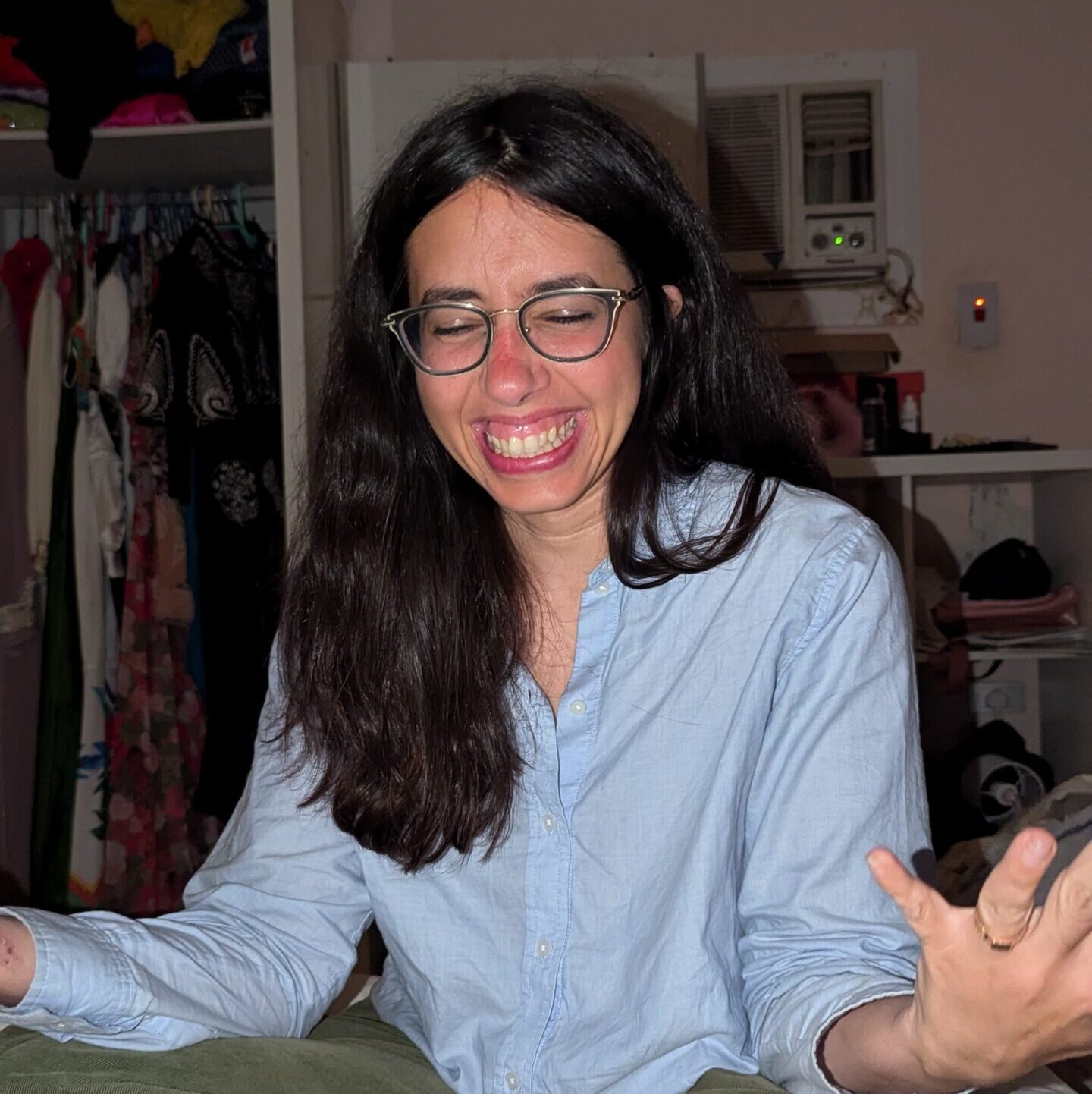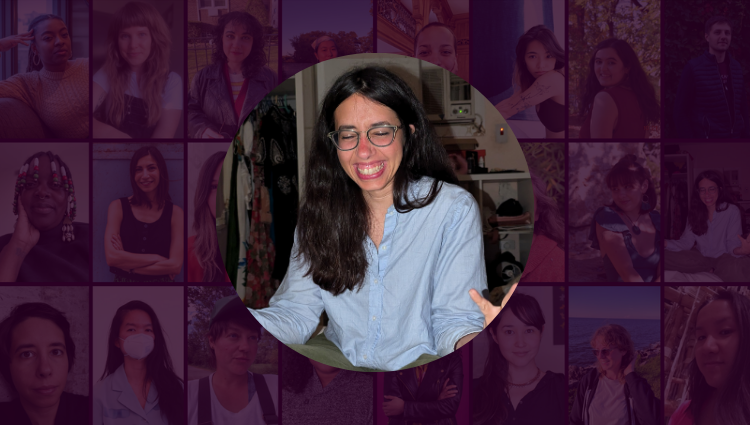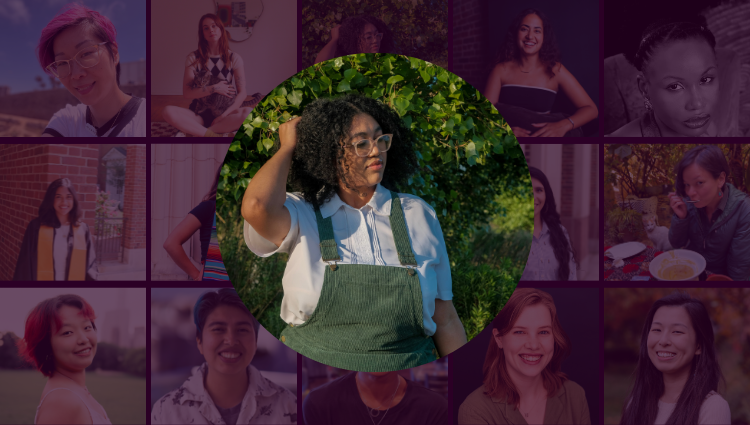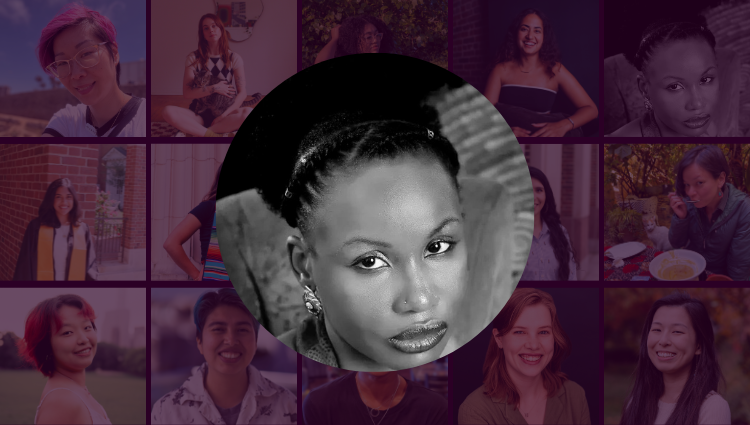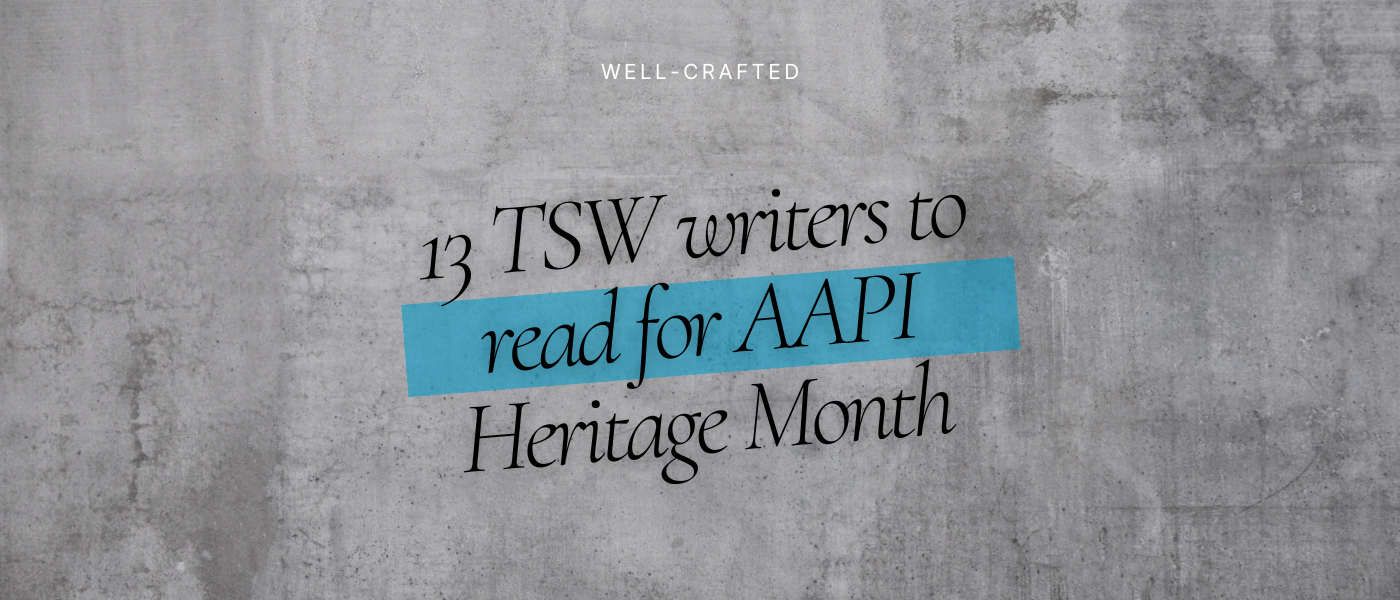Passenger as Flaneur
an essay by Samar Al Summary
Samar Al Summary was one of our Summer 2024 Digital Residents. As a part of this program, we give our residents the option to publish an excerpt of their work, write a process piece, or have a Q&A with us. Here, Samar shares a process piece about their approach to creative work. You can read more Spotlights here.
* Note: This piece was originally published in print in Well Gedacht in Fall 2021, but was revised during the digital residency, and is being shared here to showcase Samar’s work.
Passenger as Flaneur
You were surprised I hadn’t started drinking after living in Beirut’s hedonistic acid bath. I hadn’t told you about my childhood deal with God—if I would forgo tasting alcohol if He allowed me to live a life where I was free to go outside when I wanted. It seemed like a fair and equivalent deal. Instead of needing mind-altering substances to change the flavor of the stale apartment air, I could use my legs to pump new air into my lungs. As a child, I hated having to always be with others in order to be outside. Walking helps me think, but when I’m with others I can’t help but be linked to them; instead of being the sky, an infinite expanse of forming energy, I’m a balloon, made buoyant by being packaged, and I need to train my mind to not pop through this shallow fence and dissipate into the surroundings…I need to remember I am a human being with a name to answer to, a genealogy to recite, a politesse to deploy…and God agreed to my trade, and now breathing unaccompanied outdoor air is my intoxicant.
You don’t understand my obsession with vehicles, since I am obsessed and also completely uninterested in driving them. You are obsessed and spend hours driving cars, buses, trucks, and planes virtually; you dream of going to the U.S. and taking a road-trip and owning the same make of Mercedes your father had owned, that was firebombed by American forces in Iraq. You didn’t spend time learning to drive because you knew that where-ever you drove in Iraq, you wouldn’t be safe, so you learned to motor yourself across borders, not an easy feat for the son of a farmer. You patiently worked for your goal to reach Europe; you worked hard on your art in Iraq, was successful enough to reach Beirut, where curators from the west saw and liked your work and exhibited it back in U.S. and Europe, and this visibility allowed you to apply for a residency in Europe, which led to a biennial in America, which brought you to Los Angeles, whose streets you know perfectly well from playing Grand Theft Auto in Baghdad. GTA prophesied your life, or at any rate prepared you for your future more than actual driving would have.
Driving cars was a political issue during my childhood in Saudi Arabia; women couldn’t legally drive; and I had enough trouble getting permission from my father to walk around the block, so I had accepted being a passenger, and even loved watching the world pass by in the security of the family sedan. After moving to the United States, I was told to be grateful to be here, where I could drive and be captain of my own ship. Being a passenger is being a freeloader, not a flaneur. Yet I had no interest in driving a car and being a hermetically sealed eye. Being away from my family meant being able to go out and rub shoulders with society. Riding the bus was my entry to understanding the world.
Fourteen years ago, as I walked home from a friend’s house it began to rain. A bus stopped beside me and the driver offered to drive down the street. Two years later I got off a different bus, deep downtown. All day it had been raining and I had been riding the buses to surprise a friend at her house. Between those two years I had ridden many dozens of buses, to uptown and downtown Phoenix, Mesa, Tempe, and one bus to Tucson; many missed buses and off schedule buses, and one bus that seemed more like a first class coach than an inter-city bus.
After learning how to follow a schedule I have found many people and experiences on a bus and become a more curious, if more befuddled, person. As scheduling became more secondary to the bus experience, each window of time on the bus became a window into people. A sheltered child who rarely was allowed out except to go to family or school and American commercials were risqué television, busing around the valley of the sun was my first chance to meet people I had seen from third story window. Many of whom I met were musicians, of a sort. They set a tone, a vibrancy to people that I hadn’t seen before.
I observed two other writers while I was on the way to my friend’s house, sitting across each other and talking as the rain drizzled. High school me had never seen writers in the wild, who also carried notebooks. One wore a garbage bag and held a crammed notebook; he looked as though a sonic boom had gone off by the infirmary and had never gotten over it. The other called himself a career criminal and poet. He gave his new friend directions and warnings of which streets to avoid. The poet was searching for a dry place, to sleep, write, and think. That was all he needed.
Despite wanting to be more, on the whole, I was a backseat flaneur, carried along by the same crowd I enjoyed watching. I rarely broke the fourth wall, and even when I did, it was a minor transgression of my neutral observer status. There was only one time I had a real conversation with a stranger. At a bus stop outside the downtown library I hoped the bus was only a few minutes late. A man had been waiting and he asked if I knew when the bus would come. I answered shortly, trying to discourage him. He look up at the sky, taking the hint. Five minutes later and the bus hadn’t come. The cars driving by made a lonely sound; I asked how his day was.
For ten minutes we talked: he was a construction worker from New Orleans, who went to the library after work, using the computers and checking out books to read at home.
“The library is a hard place to leave,” I told him. “Time yourself for a half hour and stay for three and a half,” he finished.
A bus stopped. It wasn’t his bus, but unfortunately it was mine. Home was an hour and a half away, and I had been hardened by waiting for too many late buses to let one go. I got on and said goodbye. As the bus waited at the light I looked around, suddenly aware of the people who occupied the bus. Usually I looked for a vacant seat and read, looking at my fellow passengers as a species of migrating birds in the bus’s shaking sky. But there they were, older women nonchalantly reading and young men dozing with their eyes open, waiting to rest. I pulled for the stop as the bus lurched away. After a long agonizing few minutes, I got off at the familiar bus stop near the Phoenix Art Museum and ran back to the bus stop I had just left. One of the joys of a well connected system is stops are spaced a few blocks away; easy to fix mistakes that way. Wish more of life was like that. He held out his arms as I neared, laughing at my silliness. We resumed our conversation.
